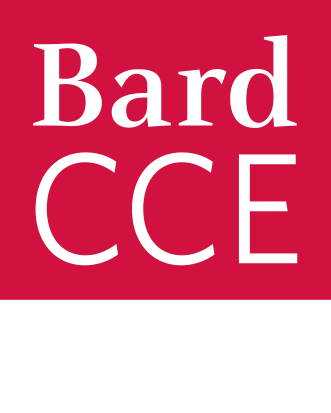Frequently Asked Questions
1. How can I find a site or an internship?
The CCE ([email protected]) has contacts at a number of internship sites, along with the Career Development Office ([email protected]), parent network, and the Alumni/ae Affairs Office ([email protected]). In addition, we encourage you to research organizations in your field of interest.
If you find or already have an organization in mind, see if they have a formal application process for internships. Idealist.org compiles internship listings as does CDO’s Handshake database. Additionally, CDO organizes an annual summer internship fair in late March / early April. Check out the CDO’s Weekly Round-Up Newsletter or social media for up-to-date information around the mid-spring semester. The CDO Career Advisors are also happy to book appointments with students to discuss internship opportunities that align with the CAA, but Career Advisors will not book CAA advising appointments within 5 business days of the deadline.
2. Can I apply for multiple sites?
Yes, you can. The CAA Selection Committee asks that all applicants submit multiple applications for each internship site separately, to ensure that students are answering all of the application questions adequately. However, final confirmation from an employer must be submitted before funding is released.
3. How do I know if a site is appropriate?
Most students who receive funding are working at governmental offices or agencies, non-governmental organizations, educational programs, media-based community centers, or community-based non-profit agencies and organizations. Successful student applications will be working with community-oriented and public-facing organizations, regardless of those organizations’ 501(c)3 status.
The CAA is reserved to support an onsite internship experience with an employer. If a student applicant is pursuing a remote internship, the applicant must specifically describe how the internship meets CAA standards (i.e. how is the remote internship public-facing and community-oriented? How is the remote internship serving traditionally underrepresented populations?)
4. Can I apply for this award with a civic engagement student-run project?
No, Bard provides many outlets to support individual student projects. Therefore, individual projects are not funded through the CAA.
5. I’m planning on doing an academic program over the summer for which I will receive academic credit or my internship site requirements include payment to the organization—can I use the CAA to fund the tuition or payment?
No, we do not provide CAA grants to be used for tuition or to cover costs of certificate programs. We also do not pay internship sites directly to host student interns.
6. I am a Bard High School Early College student or Simon's Rock student. Can I apply?
Nope, sorry! BHSEC and most Simon's Rock students are not eligible. Simon's Rock BA candidates who are transferring to Bard Annandale's main campus are only eligible after they've started the undergraduate program on the Bard Annandale campus.
7. I won’t be returning to Bard after my internship—can I still apply?
No, sorry. All CAA recipients must return to Bard for at least one semester after the planned internship (undergraduate students who are continuing their studies in a Bard graduate program are still eligible for the CAA, since those students are technically returning to Bard).
8. If I haven’t heard from an employer yet, or if I am still deciding where I will intern, can I apply?
Yes! If you haven’t heard from an employer yet, the CAA Selection Committee will accept screenshots indicating that you are in the process of applying (but you must have at least completed the internship application by the time you submit the CAA application). If you are still deciding where you will intern, the CAA Selection Committee will accept a confirmation letter of the internship offer.
If granted an award, an applicant must provide final confirmation from an employer that you have received and accepted the internship offer, before funding is released. Final awards may be adjusted based on estimated costs associated with the final internship site (i.e., international site vs. local site).
9. How are Community Action Award winners determined?
A committee of faculty and staff from various departments meet to review the applications. Applications take about three weeks to process.
10. Do I need to keep the CCE/CDO updated on my internship once I am a Community Action Award recipient?
Yes, we want to hear from you!
During the summer: All CAA recipients are required to meet 1-3 times (depending on the internship length) over the course of their internship with the CAA student fellow. In addition, feel free to send CCE/CDO staff an occasional update to let us know how things are going; we love hearing about students’ amazing work!
As summer ends and fall begins: All interns are required to submit an evaluation form within two weeks of the end of the internship.
During the fall: All CAA recipients are required to design and submit one social media post for the CCE/CDO Instagram accounts over the course of the internship, that can then be highlighted during the following fall semester. The CCE/CDO also requires CAA recipients to design a poster and participate in the fall semester SmorgasBard event to showcase their internship in-person.
11. I have other questions that aren’t answered here—is there someone I can ask?
Yes! Please feel free to email the Center for Civic Engagement ([email protected]) or the Career Development Office ([email protected]) with any additional questions.
